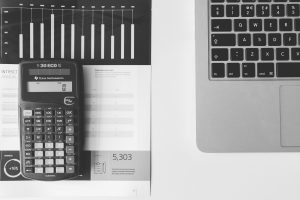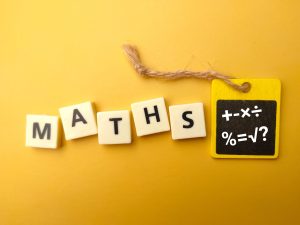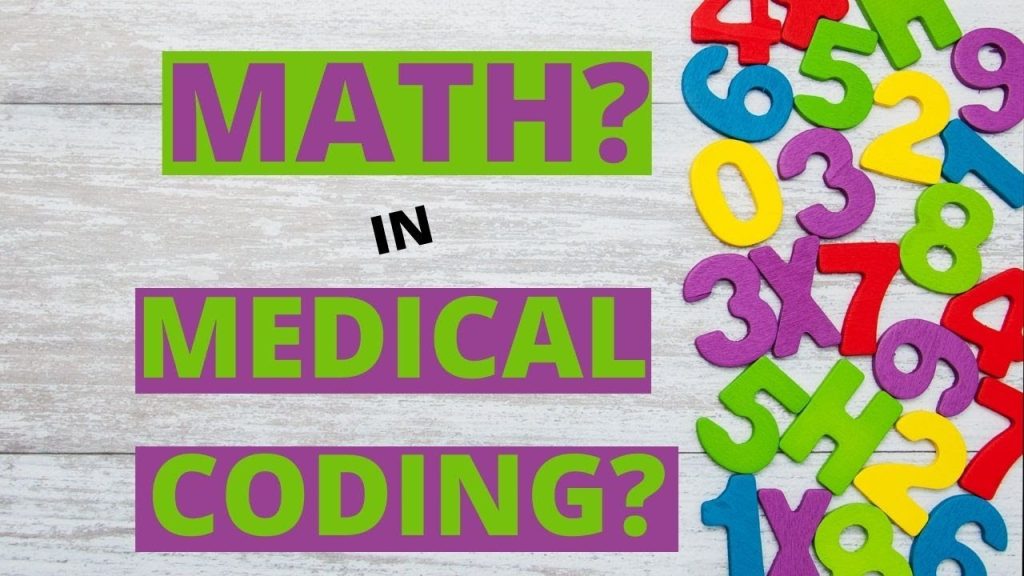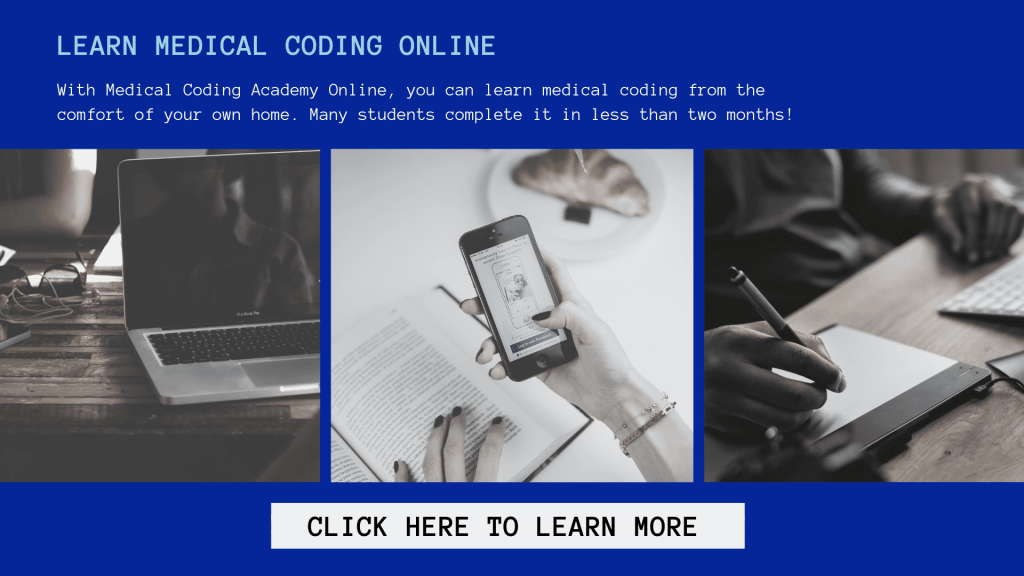When it comes to the field of medical billing and coding, you may be wondering if there is a substantial amount of math involved. Well, the answer to that question is not as straightforward as you might think. While there is some math involved in this profession, it’s not overwhelmingly complex or difficult. In fact, the math concepts used in medical billing and coding are generally basic arithmetic calculations, such as addition, subtraction, multiplication, and division. However, understanding and applying these mathematical principles accurately is crucial for accurate billing and coding, as well as ensuring proper reimbursement for medical services. So, while you won’t be solving complex equations or using advanced calculus in your day-to-day work, having a solid foundation in math is still an important aspect of being successful in this field.
If you want to learn more about the role of math in medical billing and coding and how it relates to the overall job responsibilities, this article will provide you with a comprehensive understanding. You’ll discover the specific math skills required, the importance of accuracy in calculations, and how these skills directly impact the quality of medical billing and coding. So, stay tuned and delve deeper into the world of math in medical billing and coding to gain a clearer perspective on what it takes to excel in this profession.
Introduction
What is medical billing and coding?
Medical billing and coding is an essential process in the healthcare industry. It involves translating medical procedures, diagnoses, and treatments into codes for insurance purposes. The codes are used for billing, reimbursement, and statistical purposes. Medical billers and coders play a crucial role in ensuring accurate and efficient processing of medical claims.
Importance of accurate billing and coding in healthcare
Accurate billing and coding are vital for the healthcare industry. They ensure that healthcare providers are properly reimbursed for the services they provide. In addition, accurate coding helps in maintaining patient records, analyzing medical data, and conducting research. It also allows patients to receive appropriate insurance coverage, minimizing financial burdens and disputes.
Math Skills in Medical Billing and Coding

Basic arithmetic skills required
To excel in medical billing and coding, basic arithmetic skills are essential. It involves calculations such as addition, subtraction, multiplication, and division. These skills help in accurately calculating medical charges, fees, and insurance payments.
Calculating medical charges and fees
Medical billers and coders need to understand how to calculate medical charges and fees accurately. They must calculate costs based on medical procedures, treatments, equipment usage, and facility fees. This requires math skills to ensure that the charges billed to insurance companies or patients are correct.
Understanding medical codes and classifications
Mathematical concepts are also used in understanding and applying medical codes and classifications. Medical coders need to interpret complex codes and ensure they are correctly assigned to procedures and diagnoses. This requires a thorough understanding of numerical values, ratios, and percentages associated with specific codes.
Mathematical Concepts Used in Medical Billing and Coding

Fractions and decimals in calculations
Fractions and decimals are commonly used in medical billing and coding calculations. For example, when calculating medication dosages or determining the length of a medical procedure, fractions and decimals may need to be converted or calculated. Understanding how to work with these mathematical concepts is crucial for accurate billing and coding.
Percentages and ratios in billing
Billing often involves percentages and ratios. Medical billers need to apply these concepts to calculate insurance coverage, copayments, and deductibles. Knowing how to work with percentages and ratios ensures accurate billing, preventing under or overcharging patients and insurance companies.
Measurement conversions in dosage calculations
Dosage calculations require math skills, particularly in measurement conversions. Medical billers and coders need to convert different units of measurements, such as milligrams to kilograms, when calculating medication dosages. Accurate conversion ensures that patients receive the correct dosage of medication.
Importance of Math Skills in Medical Billing and Coding

Accurate calculation of medical charges
Math skills are critical for accurately calculating medical charges. Incorrect calculations can result in overcharging or undercharging patients and insurance companies. This could lead to financial disputes and potential legal issues. Having strong math skills ensures that medical charges are calculated correctly, preventing financial discrepancies and ensuring transparency in the billing process.
Preventing financial errors and fraud
Inaccurate billing and coding due to poor math skills can lead to financial errors and potential fraud. Mistakes in calculations may result in incorrect reimbursement amounts, leading to financial losses for both healthcare providers and patients. Strong math skills help identify and prevent errors, minimizing the risk of fraudulent activities.
Ensuring proper reimbursement for healthcare providers
Mathematical accuracy is essential to ensure proper reimbursement for healthcare providers. Insurance companies rely on accurate coding and billing to determine the amount they will reimburse healthcare facilities and professionals. Without strong math skills, healthcare providers may experience financial difficulties due to under-reimbursement or lack of reimbursement.
Training and Education in Math for Medical Billers and Coders

Math coursework in medical billing and coding programs
Medical billing and coding programs often include math coursework. These courses cover the mathematical concepts and skills required in the field. Students learn about calculations, conversions, percentages, and ratios specific to medical billing and coding. This equips them with the necessary math skills to succeed in their profession.
Online resources and training modules
In addition to formal coursework, there are various online resources and training modules available to improve math skills in medical billing and coding. These resources provide practice exercises, tutorials, and interactive tools to enhance understanding and proficiency in mathematical concepts used in the field.
Continuing education for improving math skills
Continuous learning is crucial for medical billers and coders to stay up-to-date with changes in codes, regulations, and billing practices. Continuing education programs often include math refreshers and updates to ensure professionals maintain their math skills. These programs can be completed online or through workshops and seminars.
Challenges and Common Mistakes in Math for Medical Billers and Coders

Interpreting complex medical codes
One of the challenges in medical billing and coding is interpreting complex medical codes accurately. Mistakes in code interpretation can lead to incorrect billing, resulting in delayed or denied reimbursement. It is important for medical billers and coders to have a strong understanding of the codes and ensure they are applied correctly.
Dealing with insurance and reimbursement calculations
Insurance and reimbursement calculations can be complex and require strong math skills. Medical billers and coders need to navigate through various insurance plans, coverage percentages, and deductibles to ensure accurate billing and reimbursement. Mistakes in these calculations can result in financial losses for healthcare providers and patients.
Avoiding errors in dosage calculations
Dosage calculations require precision to ensure patient safety. Errors in dosage calculations can have serious consequences for patients’ health. Medical billers and coders must be proficient in converting measurements, calculating dosages, and ensuring accuracy in medication administration.
Tips for Improving Math Skills in Medical Billing and Coding

Practice basic arithmetic regularly
Practicing basic arithmetic regularly can help improve math skills. Solve mathematical problems involving addition, subtraction, multiplication, and division to enhance proficiency in these fundamental calculations.
Seek additional resources for learning medical coding math
There are various resources available, such as textbooks, online courses, and practice exercises, specifically designed for medical coding math. Utilize these resources to further develop your understanding of the mathematical concepts used in medical billing and coding.
Take advantage of technology and calculator tools
Technology can be a valuable tool for medical billers and coders. Take advantage of calculators, spreadsheet software, and other technology to assist with complex calculations and conversions. However, it is important to always double-check the results to ensure accuracy.
Conclusion
Math skills play a crucial role in medical billing and coding. Accurate calculation of medical charges, preventing financial errors and fraud, and ensuring proper reimbursement for healthcare providers all rely on strong math skills. Ongoing training, continuous education, and utilization of resources can help improve math proficiency in this field. By maintaining and improving math skills, medical billers and coders can ensure accuracy in coding, billing, and reimbursement processes, contributing to the overall success of the healthcare industry.


